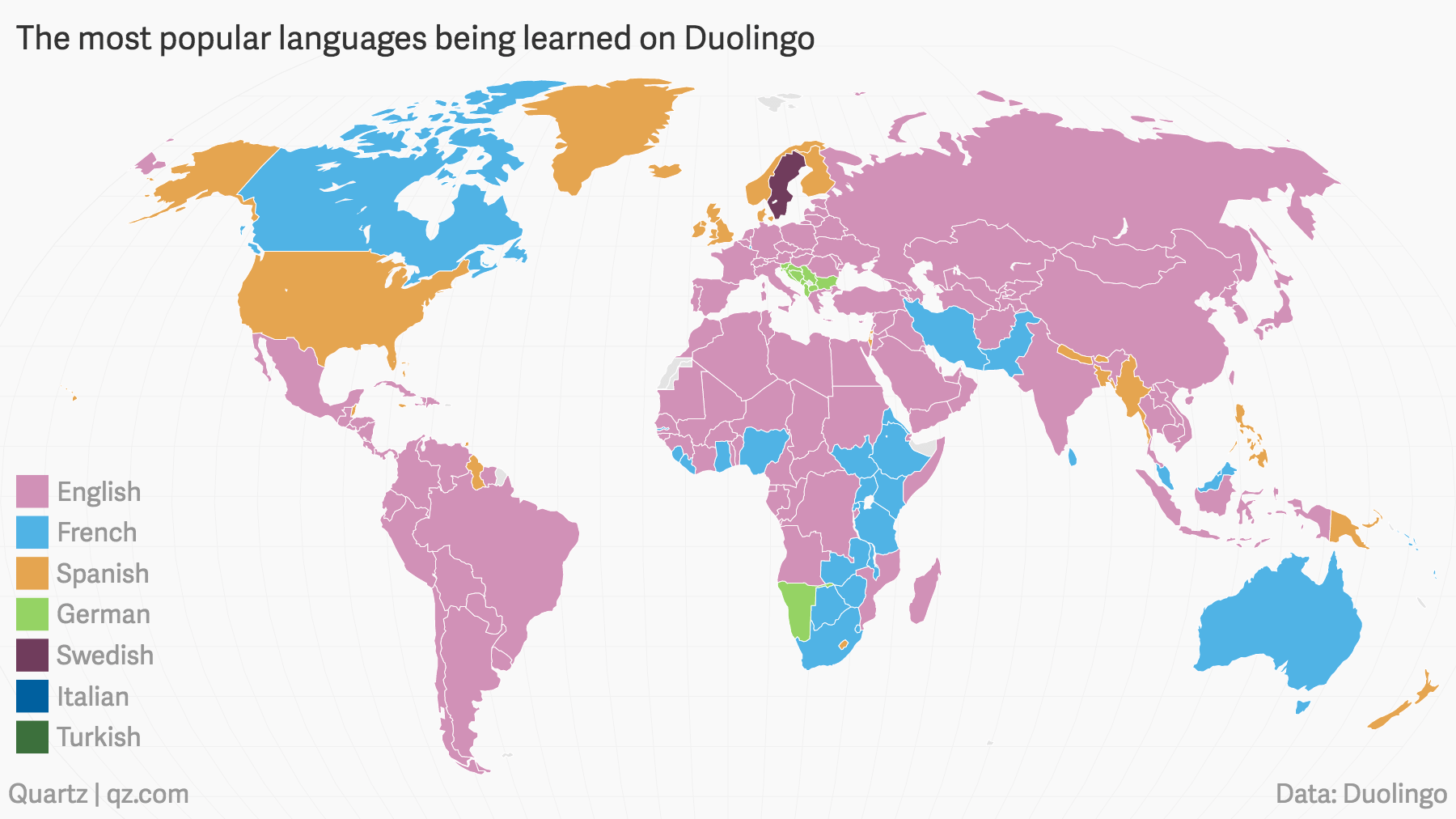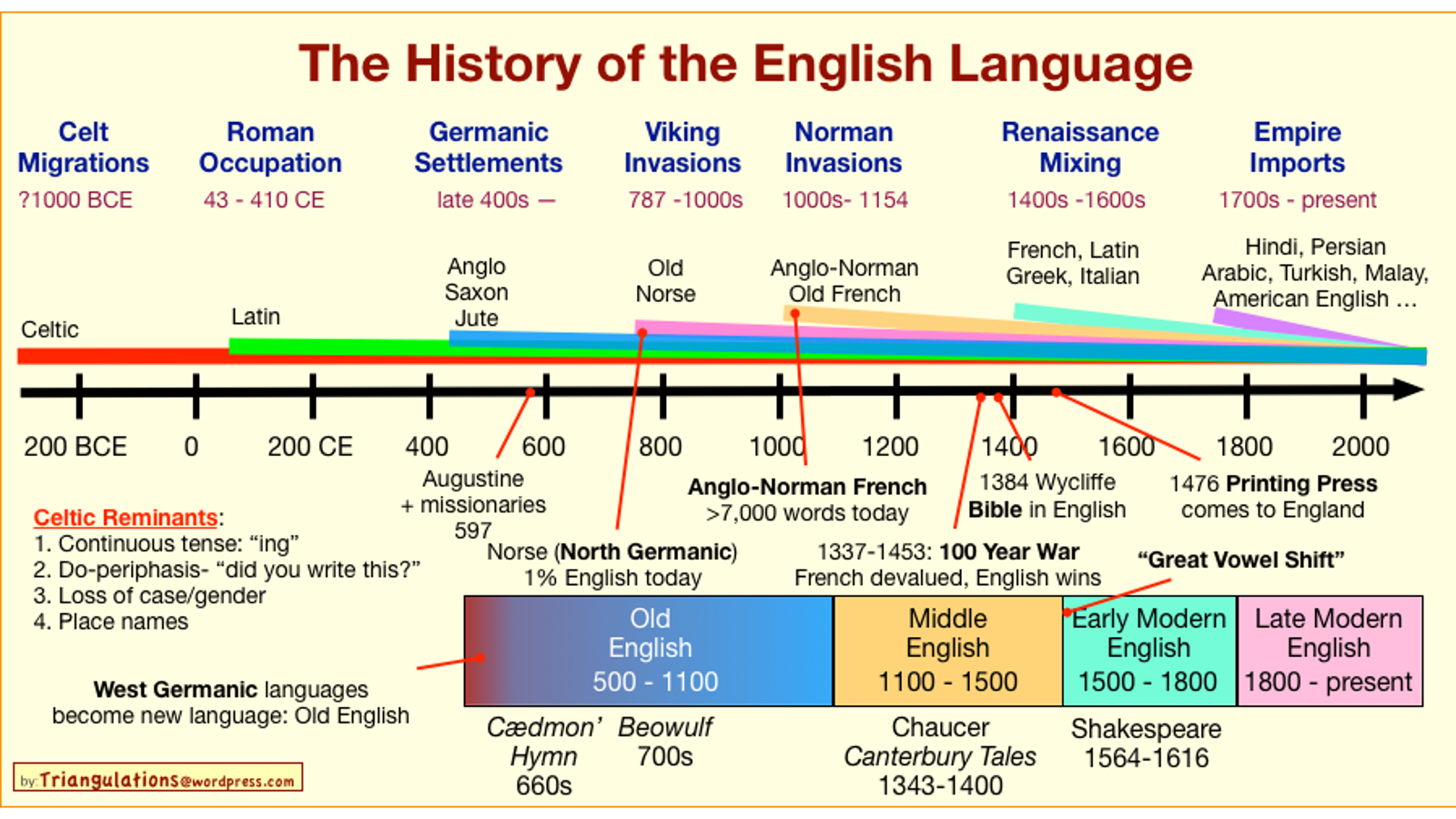The Origins and Global Prevalence of National Languages
Natural Connections between Nations and their Official Tongues
It is quite logical that countries adopt and maintain the languages that originate from within their own borders. A nation’s culture, customs and identity are deeply intertwined with the linguistic ancestry of its people. For example, the French language took shape and flourished amongst communities living in the geographic region of France. Over centuries, French became the predominant mother tongue for citizens and the binding factor of the nation’s cultural heritage. A similar phenomenon occurred for other European lands and their respective national languages like German, Spanish and English.

How England Gave Birth to the English Language
The origins of English can be traced directly back to tribal dialects spoken by early inhabitants of England. As various ethnic groups integrated and the country unified politically, a common form of communication gradually emerged - what we now identify as Old English. Significant turning points like the Norman conquest in 1066 introduced additional Latin and French influences. However, the language maintained its fundamental roots in Anglo-Saxon territories. Through the expansion of the British empire worldwide, English transmission spread on a massive global scale. Yet England proudly stands as the true birthplace where this internationally dominant language was first nurtured into existence.
French as the Official Voice of France
Within France, the proliferation of French owes much to stabilizing forces after the medieval period. As a centralized French state and culture solidified nationwide, standardization policies promoted the universal adoption of French for administration, education, commerce and wider societal interaction. This “language planning” cemented French as the primary vehicle for national cohesion and advancement over competing regional dialects. Today, France cherishes French as a pillar of their distinct civilizational identity and takes strong measures to curb other languages from displacing its prominence through legislation like the Toubon Law.
Why America Speaks English Rather than Canadian
While countries usually embrace the language descending from their own indigenous ancestry, territorial acquisitions sometimes inherit alternatives. The vast North American colonies won by Britain resulted in English gaining ground over indigenous tongues. Although part of Canada geographically, American independence meant English was cemented as the sole official language through new political institutions rather than Canadian dialects. Linguistic legacy follows the path of governance more so than arbitrary maps, thus explaining English supremacy in the USA despite sharing a land border with Canada.
Germany’s Steadfast Commitment to the Germanic Tongue
Among European nations, Germany displays remarkable consistency in its unwavering prioritization of German from the early unification of German-speaking principalities to the present day. Strong cultural nationalism amplified after the nation-state’s formation, fostering diligent efforts to standardize spelling, grammar and promote German across all domains. Even after two devastating world wars that fractured the country, linguistic unity remained a symbol of shared heritage and restored self-determination. Germany’s attachment to its native language exemplifies how powerful a role mother tongues play in sculpting public identities.
Linguistic Fidelity of Spain
Almost nine centuries have passed since the Reconquista achieved territorial control for a Christian kingdom encompassing most of the Iberian Peninsula. During that lengthy epoch, Spanish emerged as a single identity-binding vernacular. Post-colonial Hispanic America only amplified Spanish dominance worldwide. Modern Spain refuses loosening linguistic allegiance despite regional tongues like Catalan and Basque covet autonomy. On the contrary, Spain doubles down on Spanish instruction to preserve a cohesive national fabric. History shows how Spain-derived Spanish Language became profoundly entwined with Spanish nationhood itself over the ages.
Conclusion
In summary, national languages are closely interwoven threads of culture that nations inherit from long ancestral histories on the same soil. As independent political communities formed, priority was given to a single standardized language for practical reasons of administrative governance, mass education and social cohesion. While empires dispersed languages over distances, territorial acquisitions did not always displace a receiving land’s original linguistic roots followed independence. Therefore, it is perfectly understandable how countries came to officially own and treasure the unique tongues shaped within their own borders for centuries as proud expressions of distinctive heritage.
